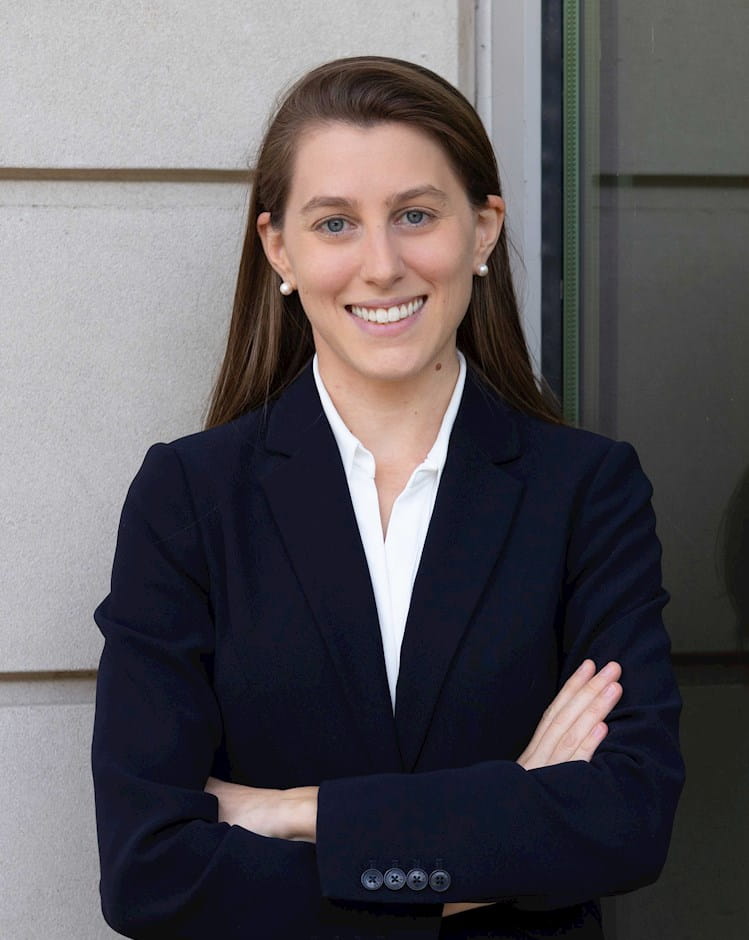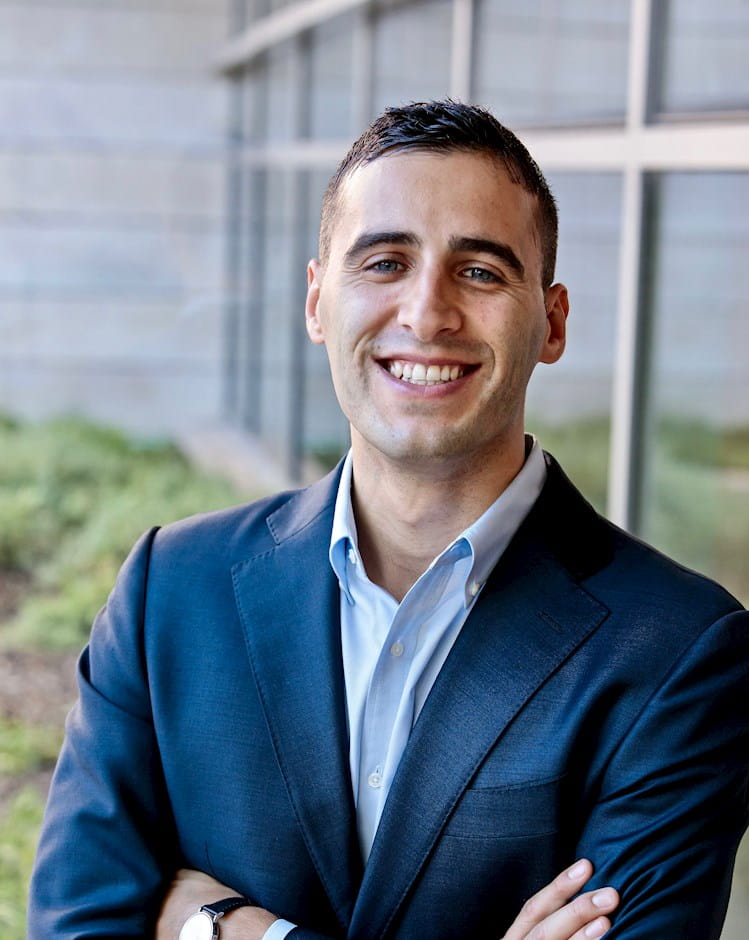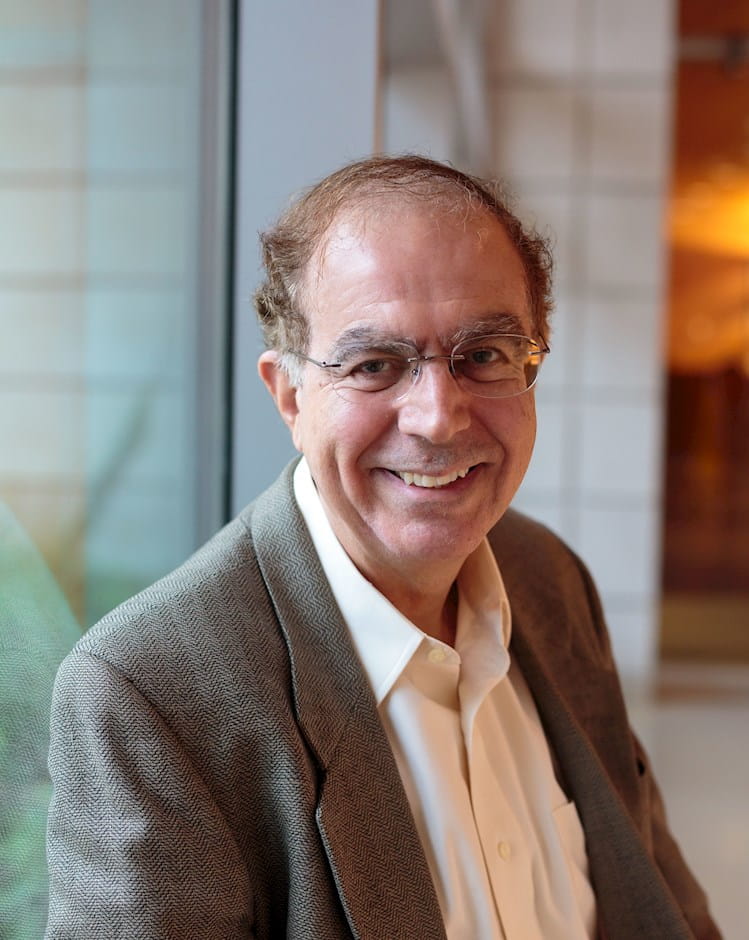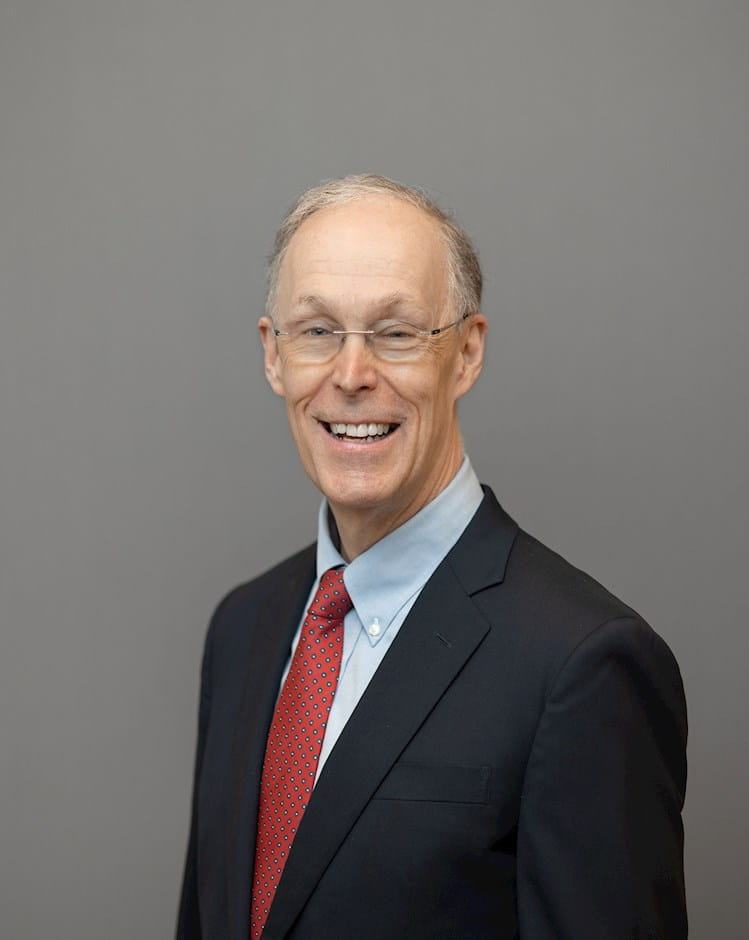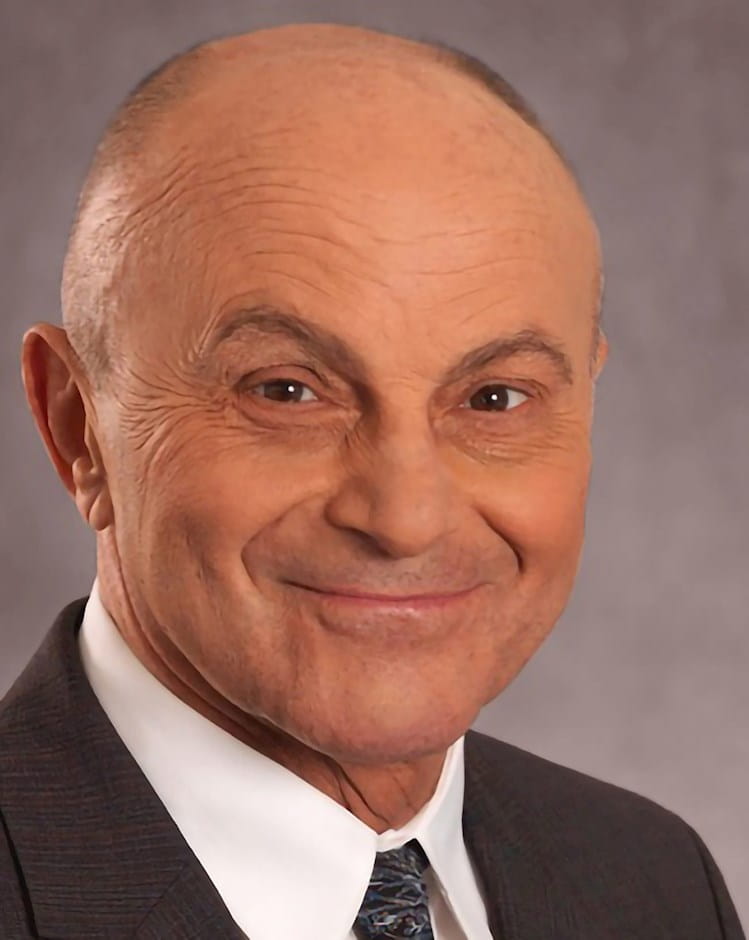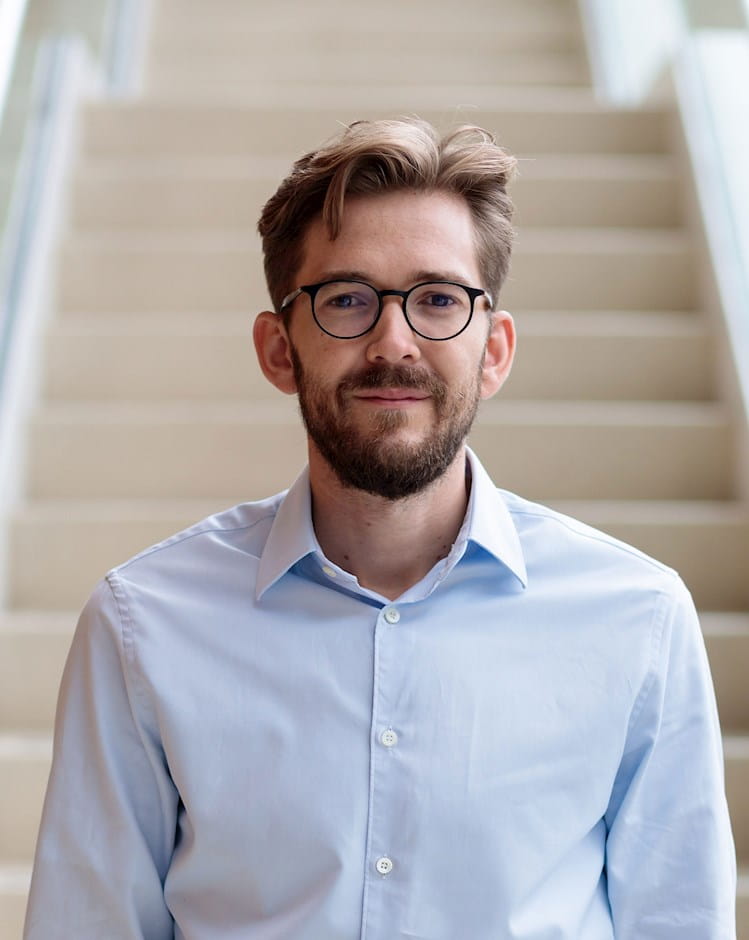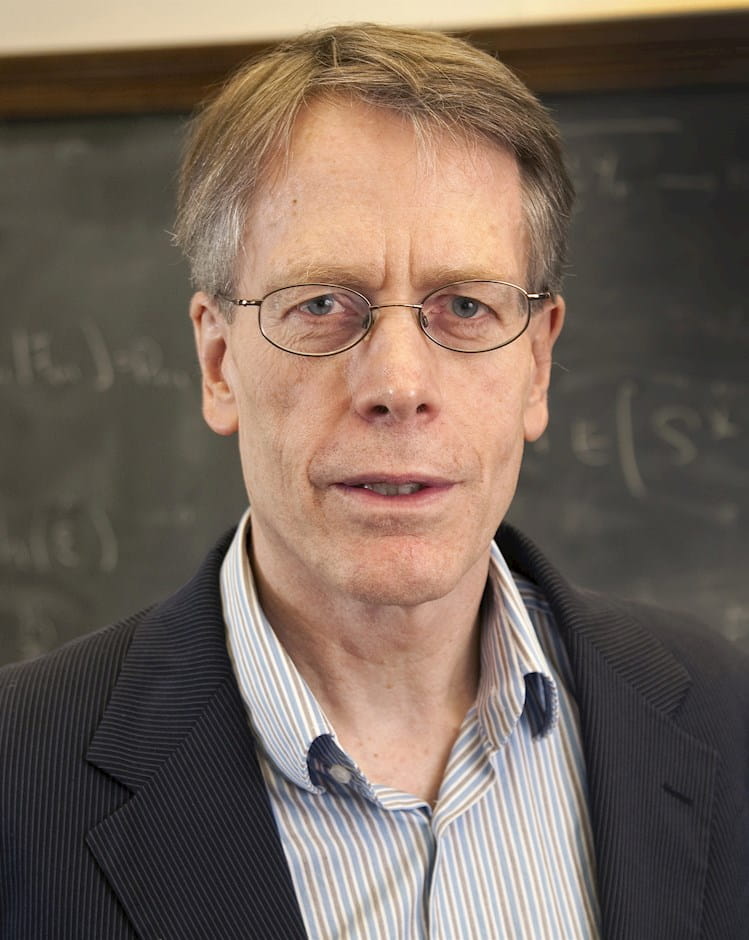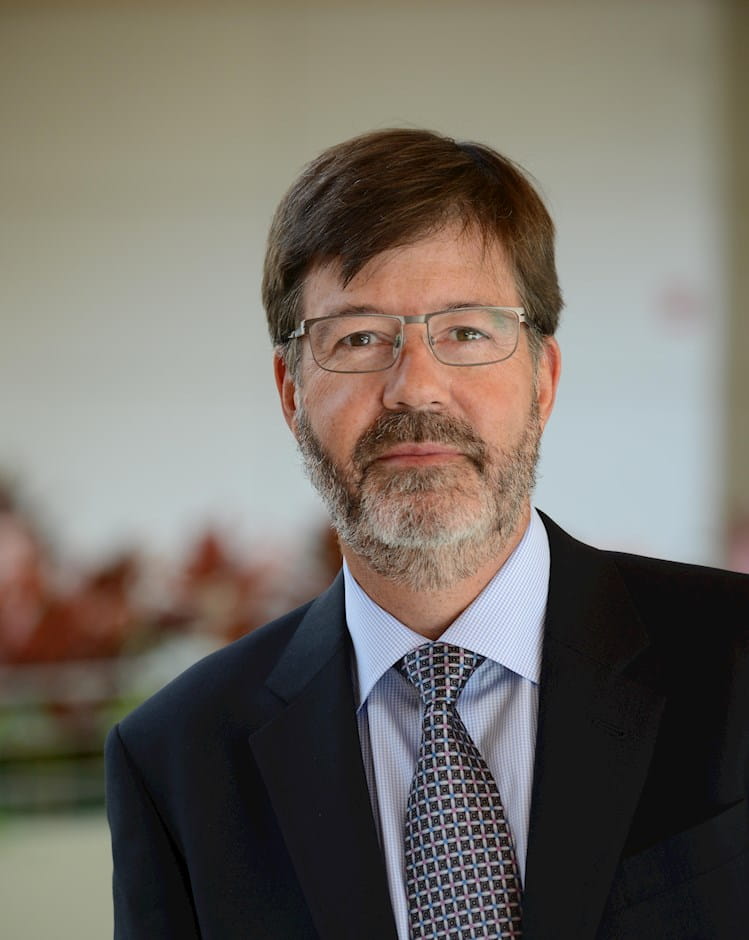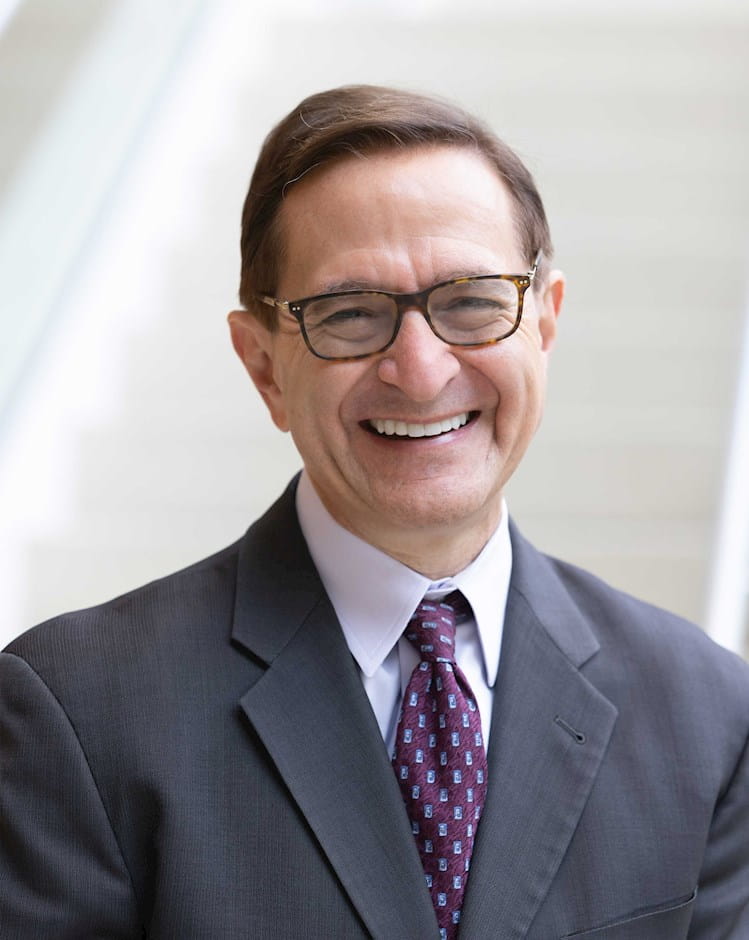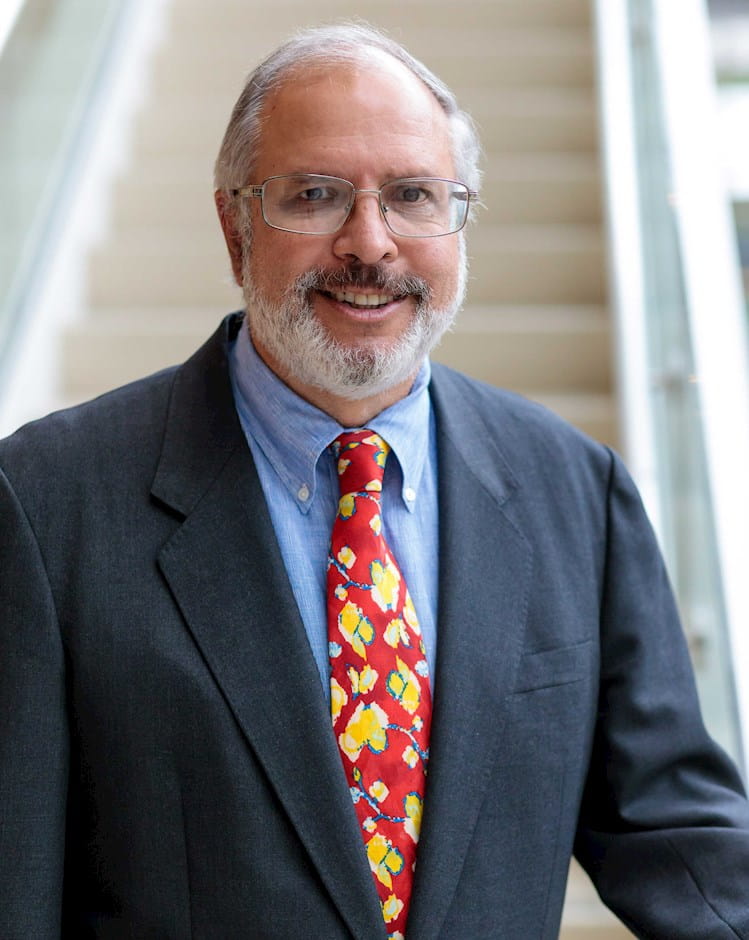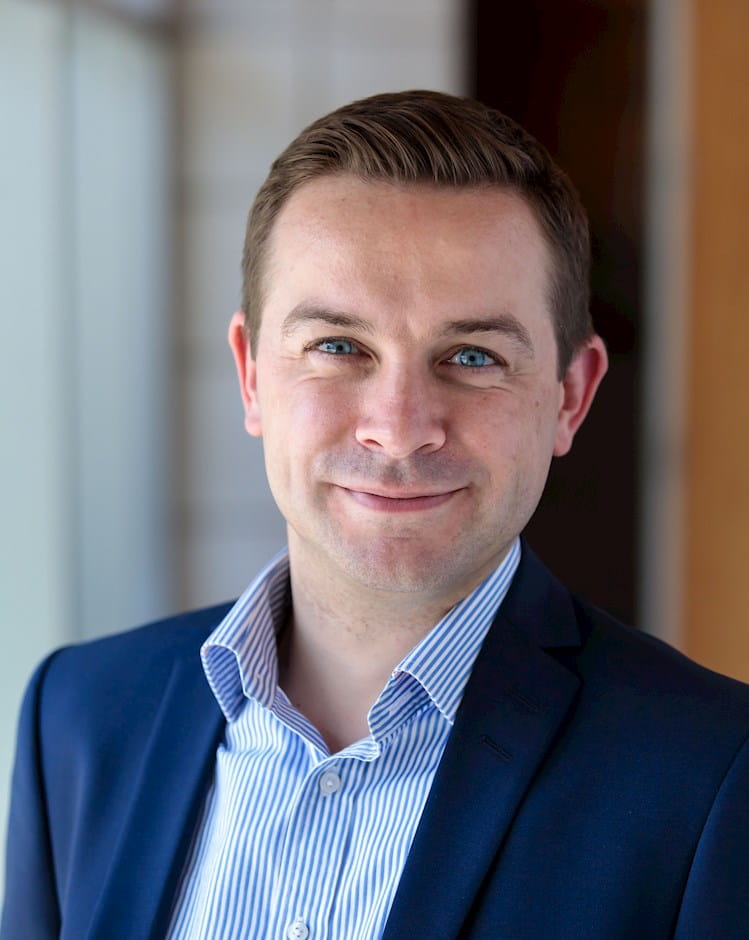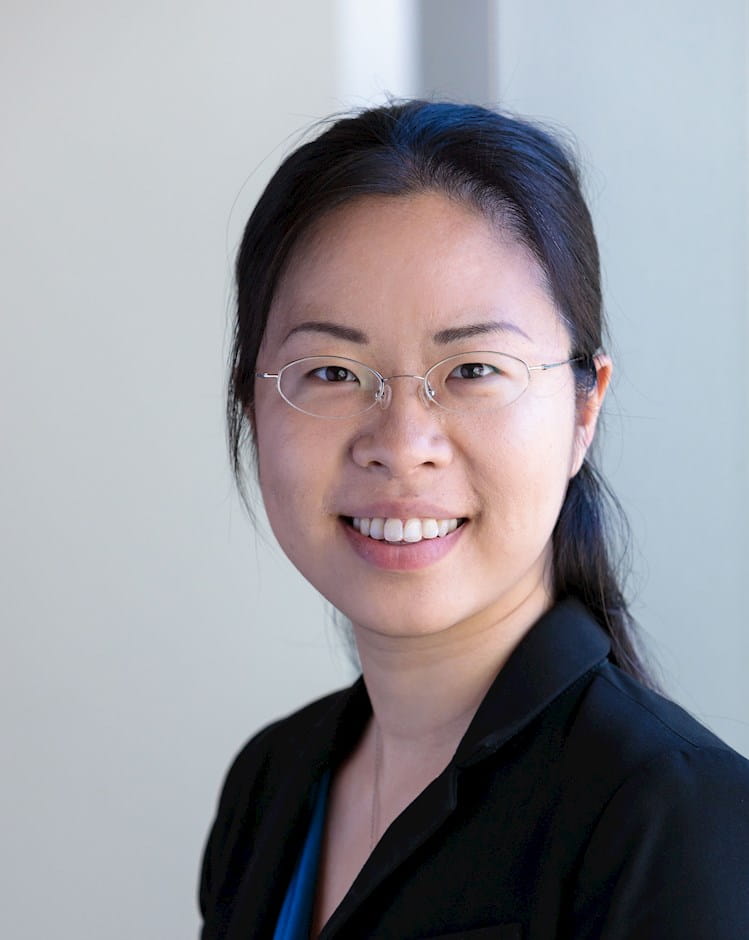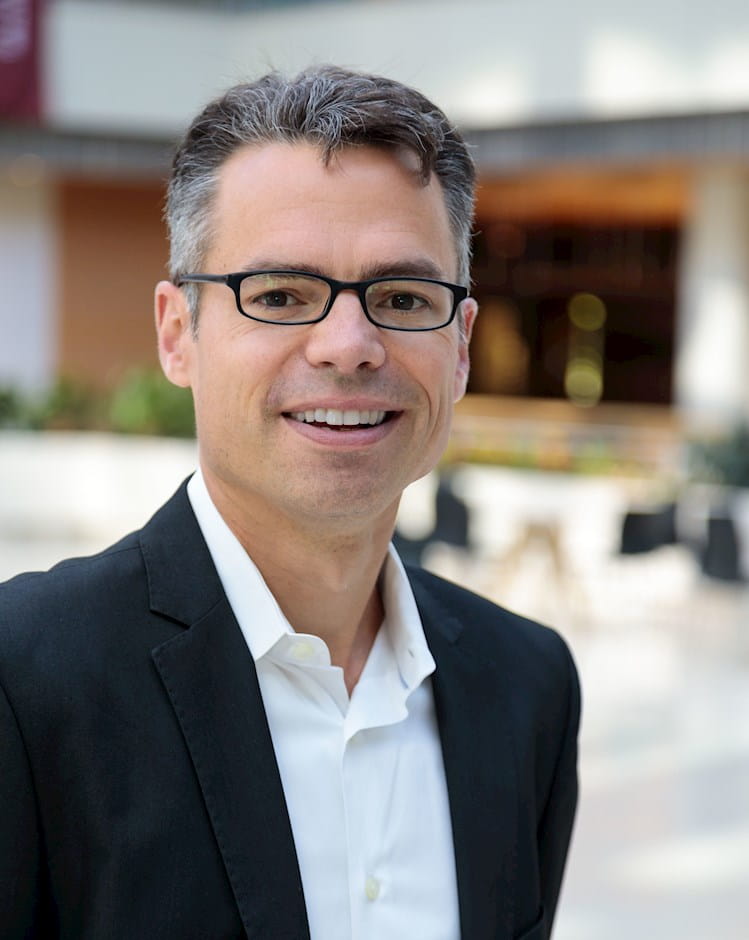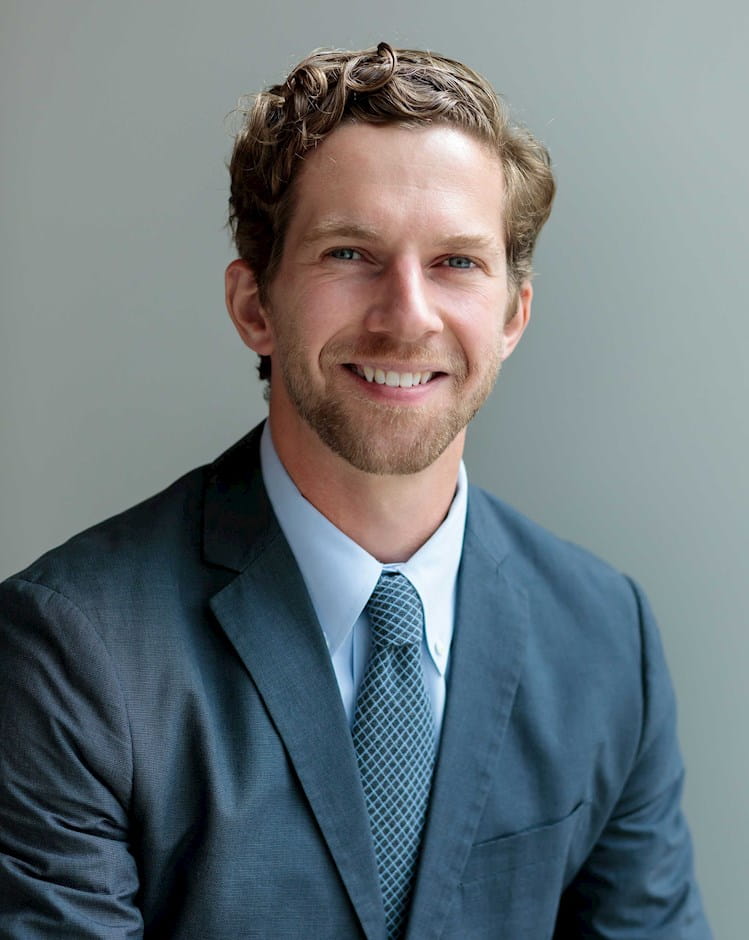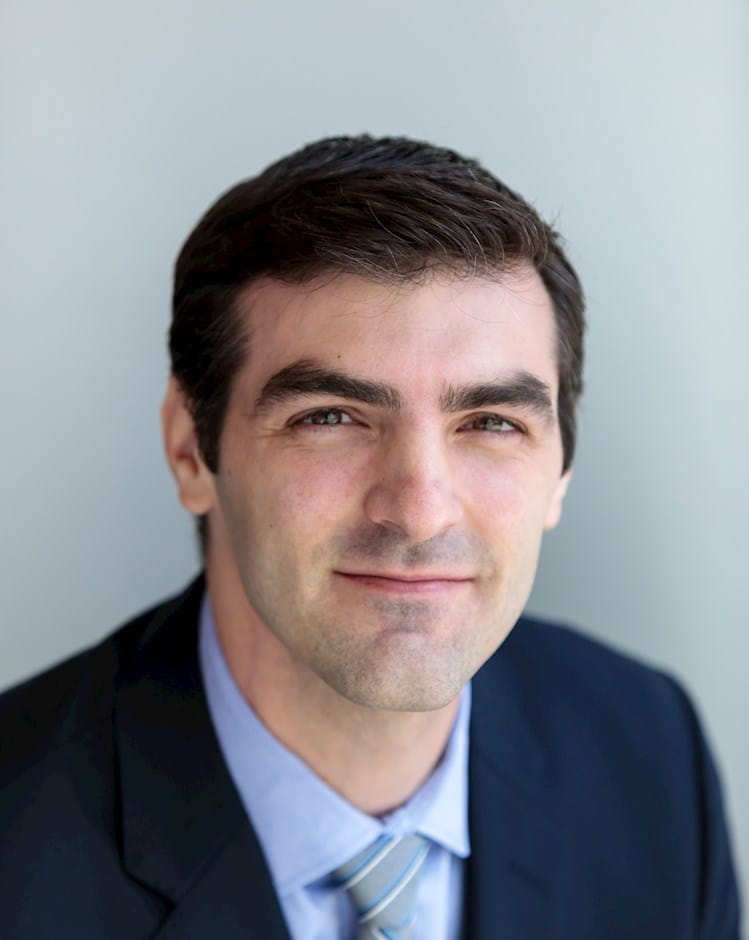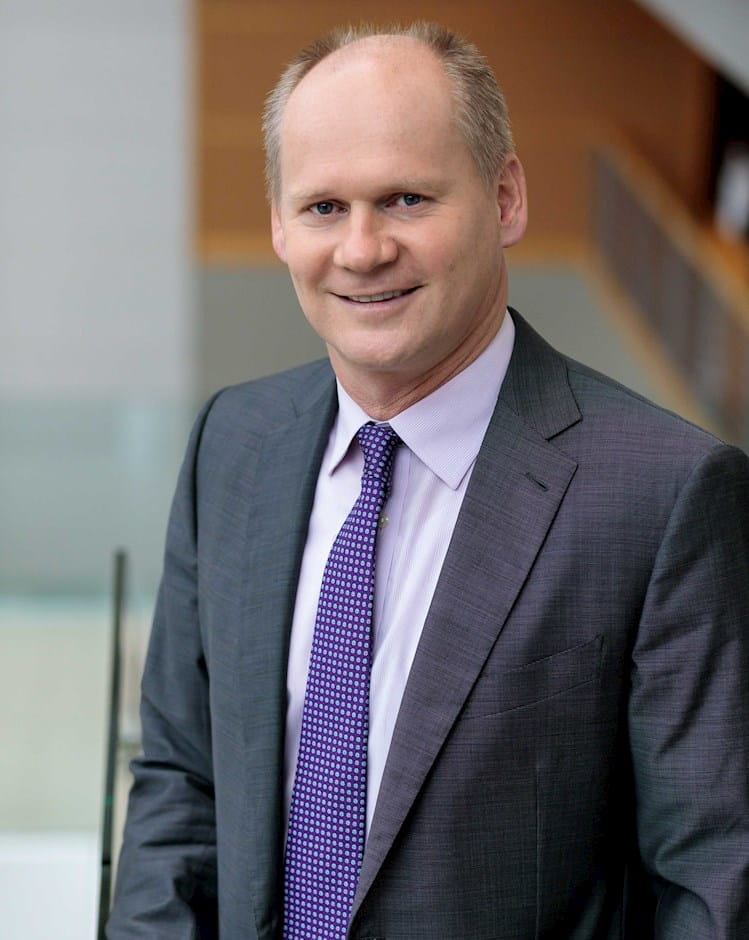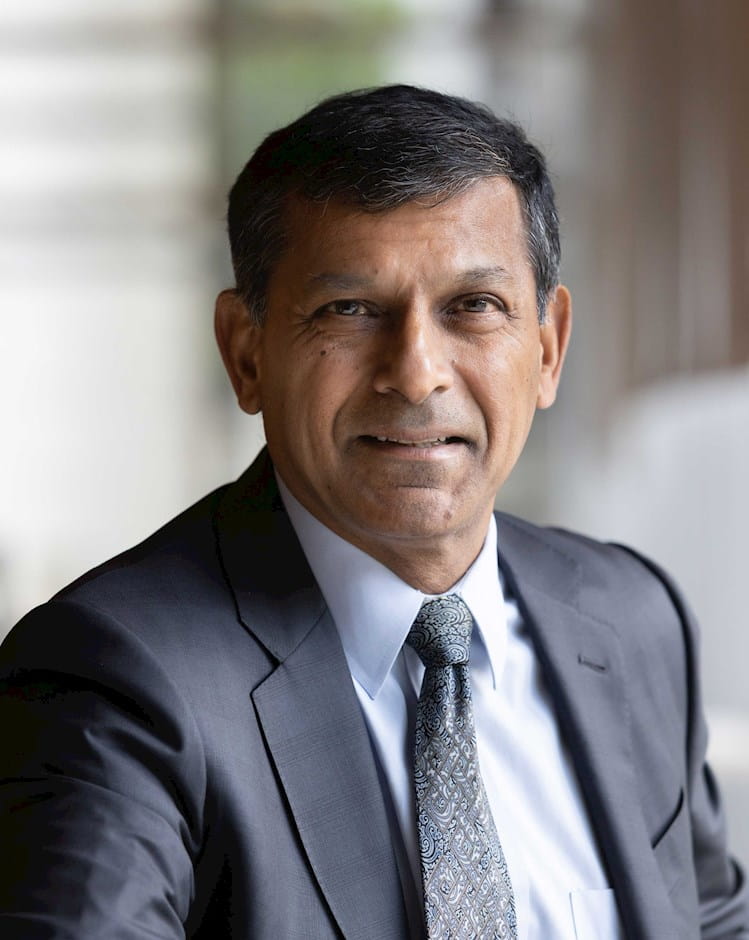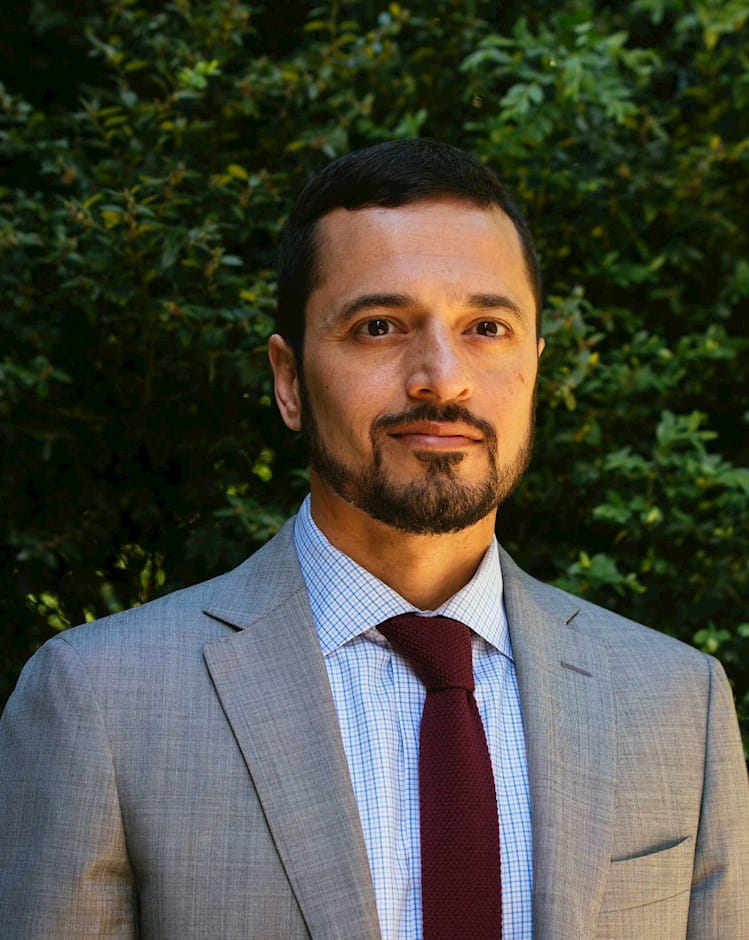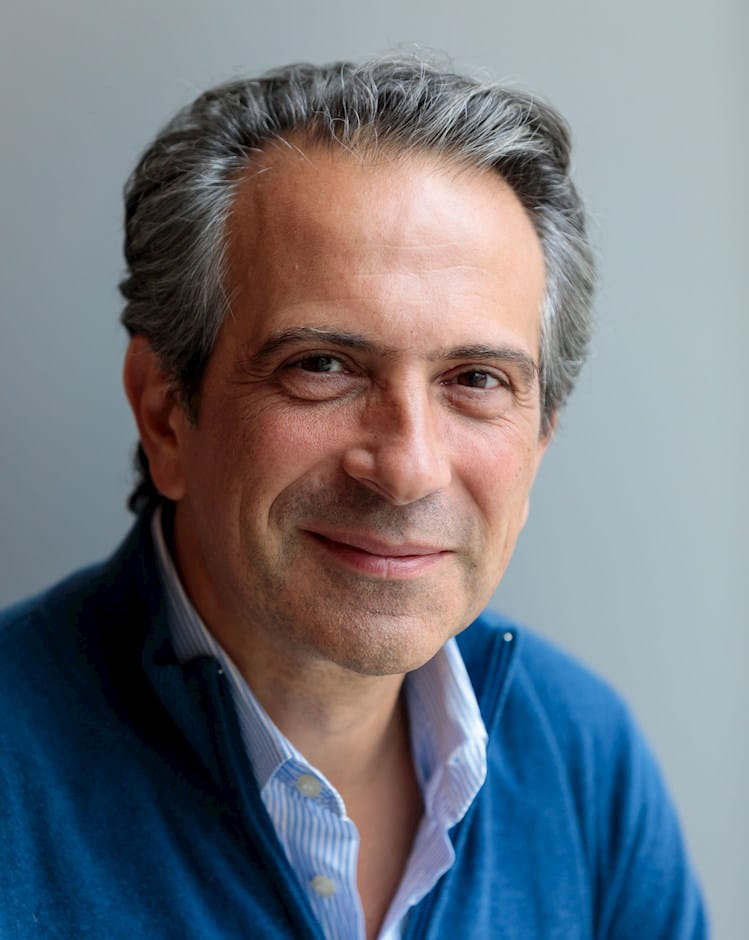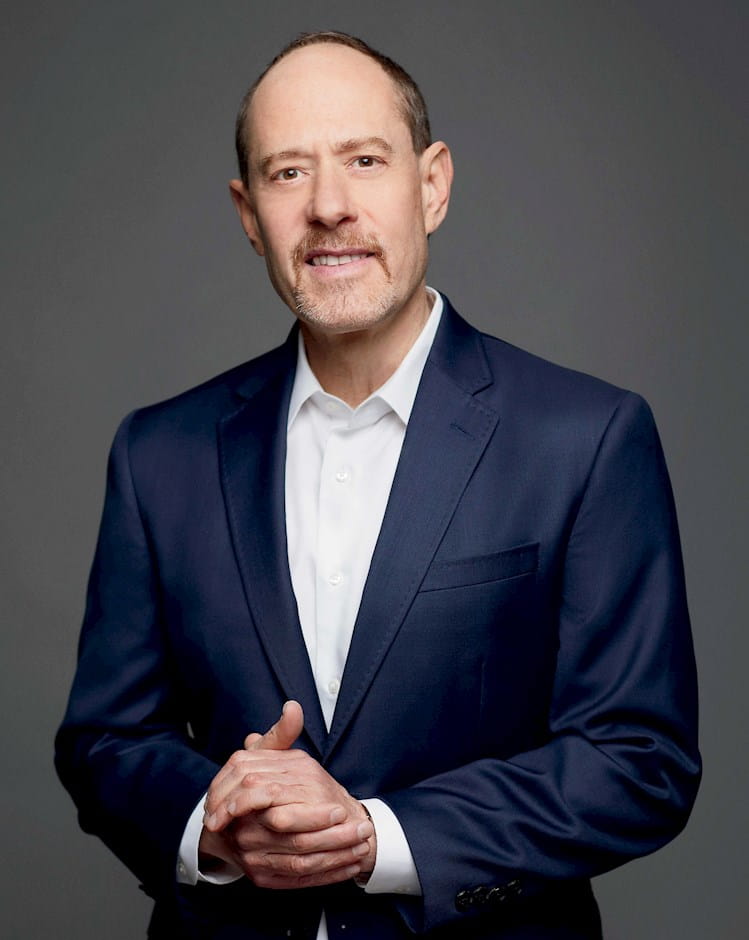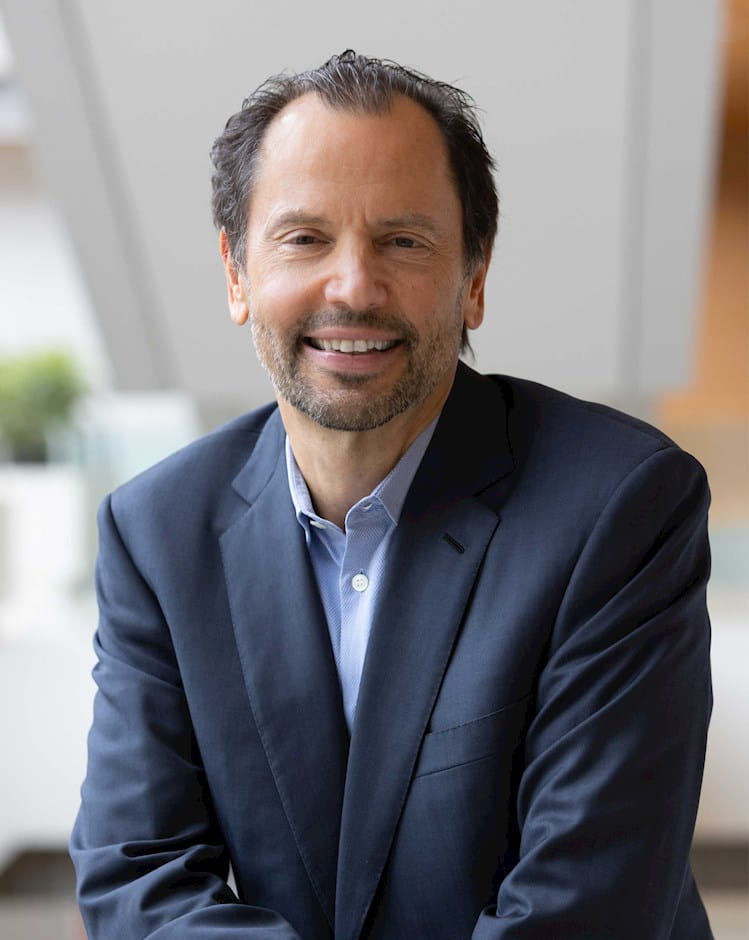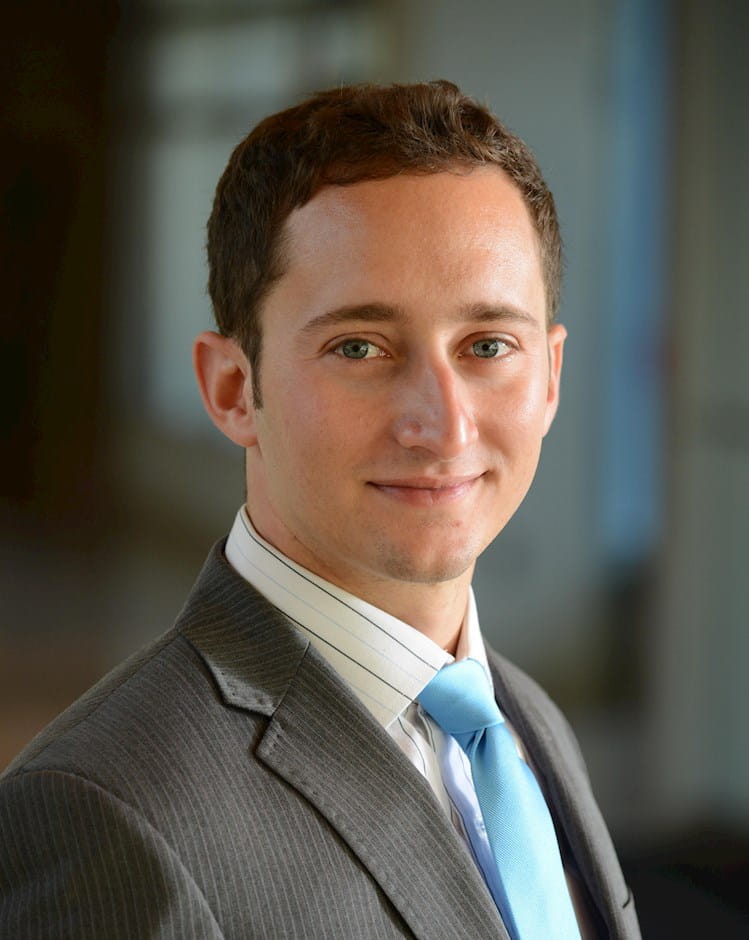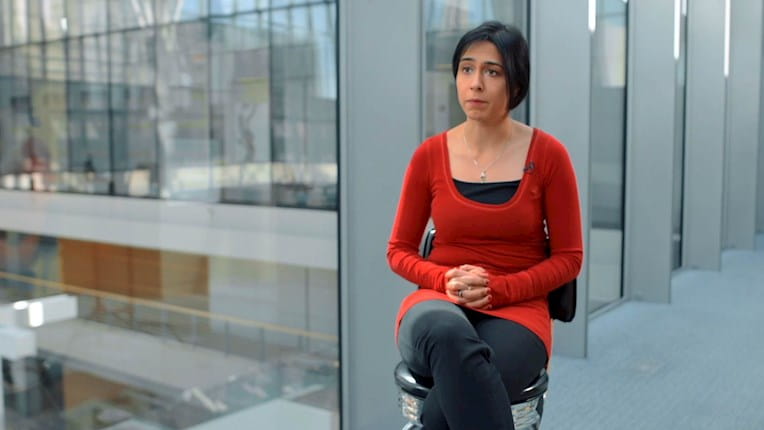
PhD Joint Program in Financial Economics

Core economics training is critical for students doing research in financial economics, and advances in financial economics have important implications for other areas of economics.
As a student in our Joint Program in Financial Economics, you’ll work with thought leaders in both economics and finance and follow your research interests wherever they lead. Leveraging courses and resources in the Finance dissertation area at Chicago Booth and the university’s Kenneth C. Griffin Department of Economics, you’ll build a foundation for research at the intersection of finance and economics.
Our Distinguished Finance and Economics Faculty
As a student in the joint program, you’ll work with professors and classmates in both the Department of Economics and the Stevens Doctoral Program in Finance at Chicago Booth. Faculty bring research expertise in a wide range of fields and serve as mentors to PhD students.
Finance Faculty
Department of Economics Faculty
Alumni Success
Our PhD graduates lead successful careers in prestigious academic settings, such as the Stanford Graduate School of Business and London Business School, as well as in leading financial institutions, including the International Monetary Fund.
A Network of Support
Doctoral students at Booth have access to the resources of several interdisciplinary research centers that offer funding for student work, host workshops and conferences, and foster a strong research community.
Becker Friedman Institute for Economics
Bringing together researchers from the entire Chicago economics community, the Becker Friedman Institute fosters novel insights on the world’s most difficult economic problems.
Center for Research in Security Prices
CRSP maintains one of the world’s largest and most comprehensive stock market databases. Since 1963, it has been a valued resource for businesses, government, and scholars.
Fama-Miller Center for Research in Finance
Tasked with pushing the boundaries of research in finance, the Fama-Miller Center provides institutional structure and support for researchers in the field.
George J. Stigler Center for the Study of the Economy and the State
Dedicated to examining issues at the intersection of politics and the economy, the Stigler Center supports research by PhD students and others who are interested in the political, economic, and cultural obstacles to better working markets.
The Kent A. Clark Center for Global Markets
Enhancing the understanding of business and financial market globalization, the Clark Center for Global Markets positions Chicago Booth as a thought leader in the understanding of ever-changing markets and improves financial and economic decision-making around the world.
Macro Finance Research Program
The Macro Finance Research Program (MFR) expands our understanding of how financial markets affect the economy as a whole and, conversely, how the macroeconomy influences financial markets. It does so by bringing together a community of elite and emerging scholars and with common ambitions to tackle these important challenges. One of the important ambitions of this program is to provide intellectual and research support for advanced students in the joint PhD program in financial economics.
Rustandy Center for Social Sector Innovation
Committed to making the world more equitable and sustainable, the Rustandy Center works to solve complex social and environmental problems. The center’s student support includes fellowships, research funding, and networking opportunities.
Spotlight on Research
Chicago Booth Review regularly highlights the research findings of Booth faculty and PhD students in financial economics.
The PhD Experience at Booth
Maryam Farboodi, PhD ’14, talks about how the Booth faculty challenged her to focus her research on issues that are applicable to the current financial sector.
Current Financial Economics Students
Students in Chicago Booth’s Joint Program in Financial Economics focus their PhD research on a vast array of issues, from state-government borrowing costs to wealth inequality to climate policy. They go on to positions at leading academic institutions and global financial organizations.
Monica Barbosa
Connor Brennan
Filippo Cavaleri
Rahul Chauhan
Joanna Harris
Jacob Hartwig
Lewei He
Tanvi Jindal
Jingoo Kwon
Eric Milstein
Ken Miyahara Coello
Sixun Tang
Yifan Wang
Judy Yue
Gianluca Yong Gonzalez
See a list of the current students in our Finance PhD Program.
How to Apply
To join the Joint Program in Financial Economics, you will need to be admitted to both the doctoral program in the Department of Economics and the PhD Program in Finance at Chicago Booth. However, you need only apply to one or the other program. Learn more about applying to Chicago Booth or to the Department of Economics.
Joint Program Requirements
Learn more about the Joint Program in Financial Economics at Chicago Booth on the website or by referencing the joint program-specific guidebook below.
See Joint Program-Specific Guidebook
General Expectations and Requirements
The Stevens Program at Booth is a full-time program. Students generally complete the majority of coursework and examination requirements within the first two years of studies and begin work on their dissertation during the third year. In addition to coursework, students enrolled in Joint Programs with the Division of the Social Sciences are required to meet the divisional teaching requirement by completing a total of 5 teaching assistantships, typically in years three and four.
For details, see General Examination Requirements by Area in the Stevens Program Guidebook below.
